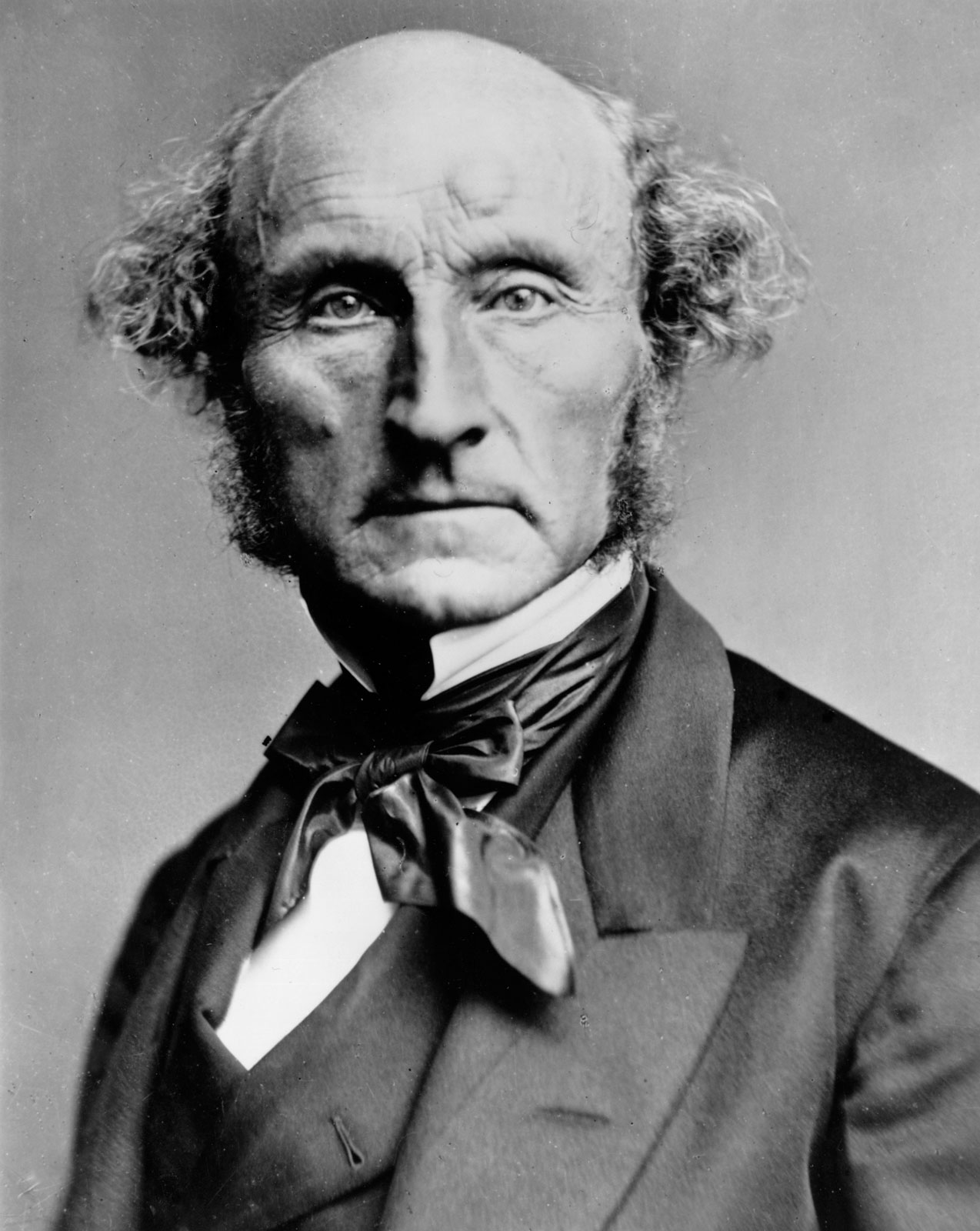John Stuart Mill híres idézetei
„Az elemzés megszokása magában rejti az érzések elkendőzésének tendenciáját.”
Forrás: Citatum - John Stuart Mill idézetek http://citatum.hu/szerzo/John_Stuart_Mill
John Stuart Mill: Idézetek angolul
Attributed to John Stuart Mill in The Phrenological Journal and Science of Health, Vol. LXXXV (September 1887), p. 170
Disputed
In a Parliamentary debate with the Conservative MP, John Pakington (May 31, 1866). Hansard, vol 183, col 1592. Pakington was referring to Footnote 3 to Chapter 7 of Mill's "Considerations on Representative Government".
Misquoted as "I never meant to say that the Conservatives are generally stupid. I meant to say that stupid people are generally Conservative. I believe that is so obviously and universally admitted a principle that I hardly think any gentleman will deny it." in "Life of John Stuart Mill" (1889) by W. L. Courtney, p. 147.
This seems to have become paraphrased as "Conservatives are not necessarily stupid, but most stupid people are conservatives." which was a variant published in Quotations for Our Time (1978), edited by Laurence J. Peter.
Forrás: On Liberty (1859), Ch. II: Of the Liberty of Thought and Discussion
Forrás: An examination of Sir William Hamilton's philosophy, and of the principal philosophical questions discussed in his writings
Forrás: On Liberty (1859), Ch. II: Of the Liberty of Thought and Discussion
Forrás: On Liberty (1859), Ch. III: Of Individuality, As One of the Elements of Well-Being
“Both teachers and learners go to sleep at their post as soon as there is no enemy in the field.”
Forrás: On Liberty
Forrás: Autobiography (1873)
https://archive.org/details/autobiography01mill/page/43/mode/1up p. 43
Forrás: https://archive.org/details/autobiography01mill/page/138/mode/1up p. 138
Forrás: Autobiography (1873), Ch. 7: General View of the Remainder of My Life (p. 206)
Forrás: Autobiography (1873)
Forrás: https://archive.org/details/autobiography01mill/page/47/mode/1up p. 47
Forrás: Autobiography (1873)
Forrás: https://archive.org/details/autobiography01mill/page/160/mode/1up pp. 160-161
Forrás: Autobiography (1873), Ch. 7: General View of the Remainder of My Life (p. 167)
An Examination of Sir William Hamilton's Philosophy (1865) as quoted in 5th ed. (1878) p. 617. https://books.google.com/books?id=ojQNAQAAMAAJ&pg=PA617
Principles of Political Economy (1848), Book IV, Chapter VI, §2
Dr. Whewell on Moral Philosophy (1852), in Dissertations and Discussions: Political, Philosophical, and Historical, vol. 2, London: John W. Parker and son, 1859, p. 485 https://books.google.it/books?id=w-I3AQAAMAAJ&pg=PA485
Forrás: Autobiography (1873), Ch. 1: Childhood and Early Education
